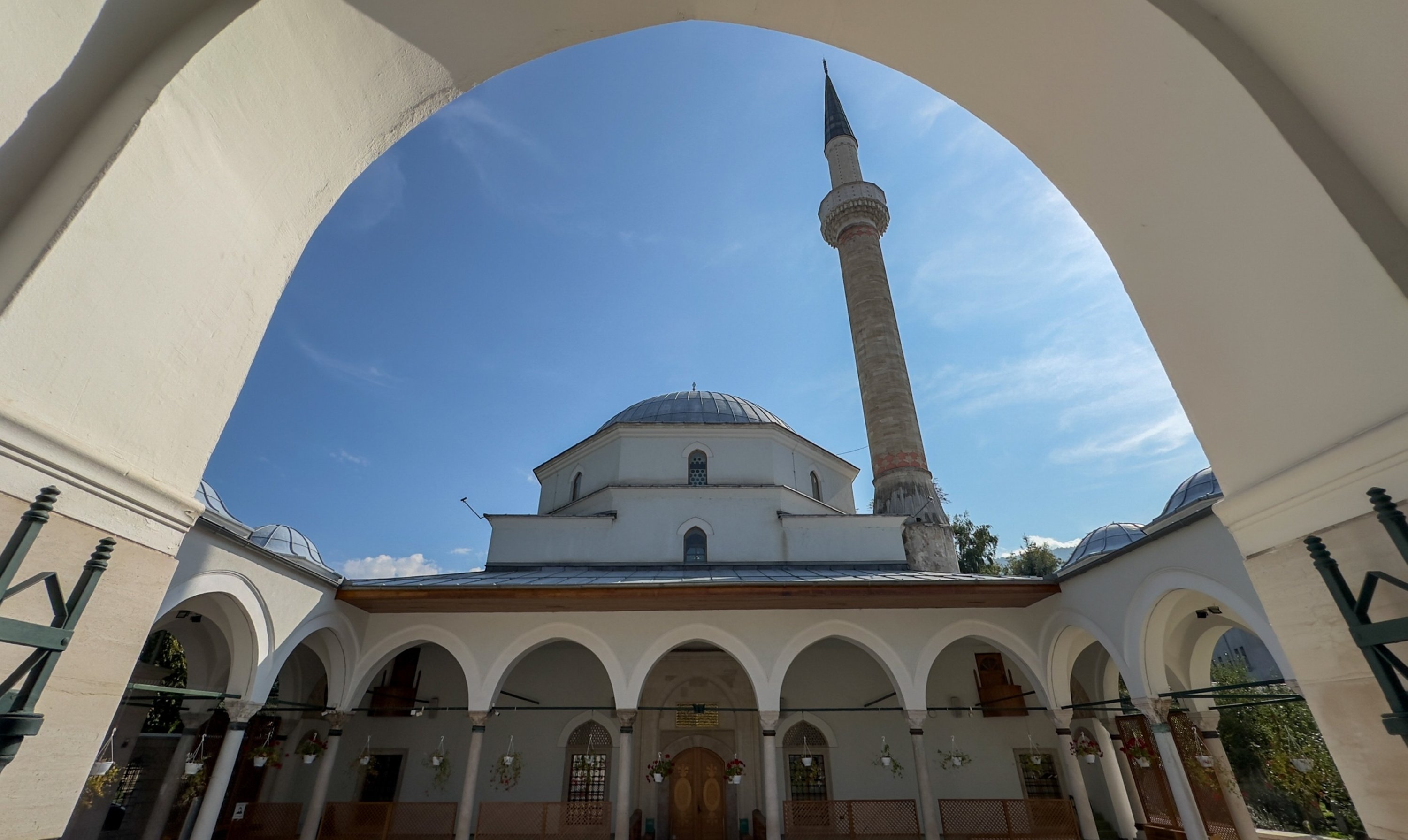© Turkuvaz Haberleşme ve Yayıncılık 2026
The Turkish Cooperation and Coordination Agency (TIKA) has restored several mosques in the Balkans, reviving their original identities and reinforcing awareness of unity and solidarity in the region. These efforts underscore Türkiye's role in promoting regional peace.
TIKA vice president Mahmut Çevik discussed the social and cultural impact of mosque restoration projects in the Balkans on the occasion of Mosques and Religious Officials Week. He told Anadolu Agency (AA) that TIKA has undertaken the restoration of approximately 90 historical monuments in the Balkans, which were under Ottoman rule for 550 years, with 45 of them being mosques.
Highlighting how TIKA's activities contribute to Türkiye's role in establishing social peace in the region, Çevik said, "These activities contribute to the awareness of unity and solidarity in the region. They enable kin and related communities to preserve their identities and allow future generations to exist with their unique cultural identities."
Çevik emphasized that the Estergon Öziceli Mosque, and Zigetvar Kanuni Mosque are now used as museums in Hungary. In North Macedonia, the Štip-Husam Pasha Mosque, and Prilep-Carsi Mosque had been left unattended, some even facing ownership issues.
Çevik explained that this degradation of cultural heritage in the Balkans was due to various reasons, such as disasters, social factors and economic limitations among others.

TIKA's work focuses on preserving existing structures as universal values in line with international conservation principles, and cultural and human values considering each country's unique dynamics and legal framework.
Çevik stressed that it is everyone's responsibility to transfer cultural heritage, shaped throughout human history, to future generations. TIKA is committed to preserving not only physical structures but also intangible cultural assets in areas where kins and related communities reside in the region.
He pointed out that the destruction of mosques in the Balkans began with territories lost by the Ottomans, and that social life often expanded from mosques. He explained that the destruction of mosques was not solely about preventing religious activities but was also an attempt to undermine prominent symbols and transform social life. This trend emerged at a time when Ottoman peace was disrupted by various provocations and continued afterward. Çevik noted that the world had closely observed this situation, especially during the Bosnian War.
Çevik emphasized that TIKA had achieved numerous successes with its projects in the Balkans, citing examples of the restoration of Albania's Preze Kale Mosque and Bosnia-Herzegovina's Ferhadiye Mosque restored by TIKA in 2015.
According to recent research, there are more than 20,000 Ottoman architectural works in the Balkans. Among these structures, mosques like Romania's Constanta Hünkar Mosque, Kosovo's Prizren Bayraklı Mosque, Bosnia-Herzegovina's Mostar Keyvan Kethuda Mosque and North Macedonia's Skopje Murat Pasha Mosque have been recently restored with TIKA's support.
